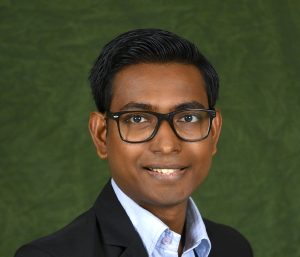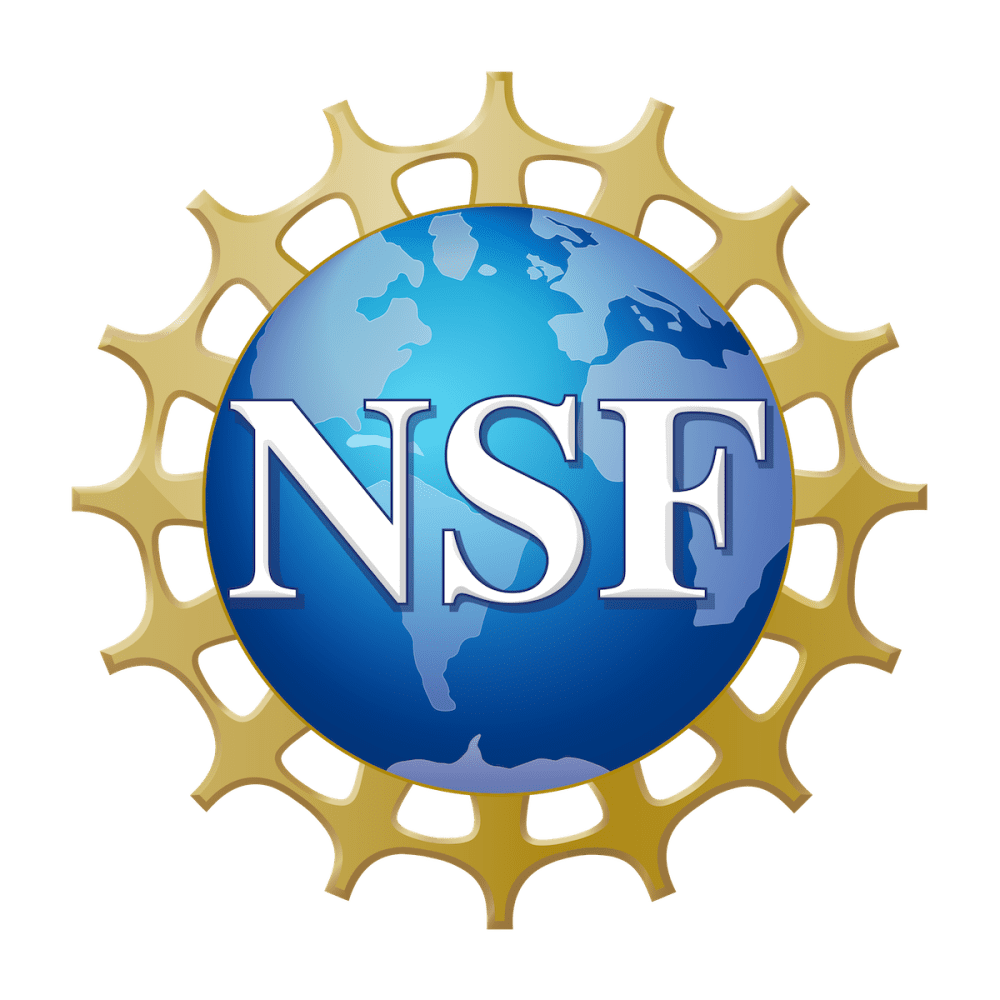Helping smart machines make smarter decisions

Dipankar Maity, Assistant Professor of Electrical and Computer Engineering in the William States Lee College of Engineering, earned the prestigious NSF CAREER Award in June of this year to support his investigations in how teams of smart machines, like connected robots, work together more reliably. Maity’s proposal entitled “Timely, Efficient, and Risk-Aware Control and Communication Policies for Networked Multi-Agent Systems” was awarded $504,913 for a five-year study beginning 2025.
Networked multi-agent systems (NMS) are teams of multiple smart machines, like fleets of drones or connected cars, that work together by sharing information over a network. Each machine (or “agent”) has sensors and controllers that need to send and receive data. Since communications resources like internet speed or reliability are limited, a special part of the system, called the network manager, is in charge of deciding how much communication service each agent gets. To make the whole system work well, both the agents and the network manager need to consider each other’s needs when making decisions.

With the support of the NSF award, Maity intends to build smarter systems where the agents know how much communication power they have and adjust their behavior accordingly, and the network manager pays attention to what the agents need and gives out resources in a fair and efficient way. Maity’s research also involves how the environment can affect communication between agents. It introduces new methods that help the system handle unexpected situations better than traditional techniques could, such as a special kind of controller that can deal with risks and uncertainty in real-world conditions.
The goal is to build a solid theory that helps both agents and the network manager make better choices, improving everything from teamwork in robot groups to smoother communication between self-driving cars and even better control in electric power systems.
Maity has also brought his work into the classroom. Asis Nasipuri, chair of the electrical and computer engineering department, elaborates, “In addition to building a multidisciplinary research team of faculty, graduate and undergraduate students, Dr. Maity is incorporating his unique, cutting-edge research of system communication, multi-robot cooperative control and information-theoretic control into the classroom. He has made substantial contributions to course and curriculum development, playing a key role in preparing the next generation of engineers for these crucial emerging areas.”
With the support of the NSF grant, Maity’s research has the potential to improve how smart systems work together, impacting the effectiveness and effiicency of robotics, communication and control systems.
______
Maity, whose research focus is control theory, multi-agent-systems, robotics and cyber-physical-systems, was awarded the W.S. Lee College of Engineering 2025 Excellence in Research – Early Career award earlier this year. His research has been supported by the Army Research Lab, North Carolina Renewable Ocean Energy Program and the STTR funding portfolio from the Army Research Office. He has written more than 50 peer-reviewed articles and has given invited talks at the 2024 IEEE American Control Conference, the University of Southern California and The Ohio State University.
CAREER awards are the NSF’s most prestigious awards in support of early-career faculty who have the potential to serve as academic role models in research and education and to lead advances in the mission of their department or organization.